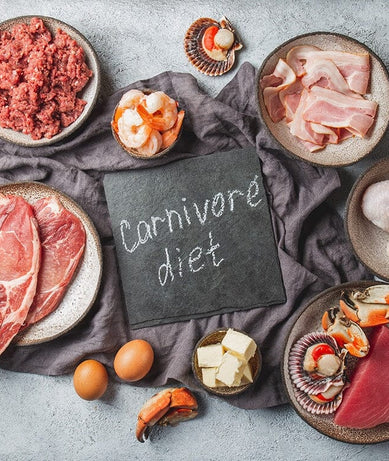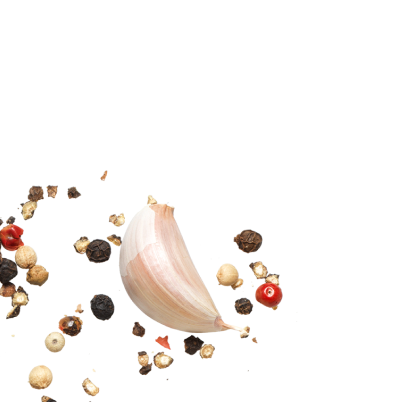the range
Learn about health, fitness and everything jerky with Country Archer's blog. With new posts coming frequently, this is your one stop shop to get your jerky fix.
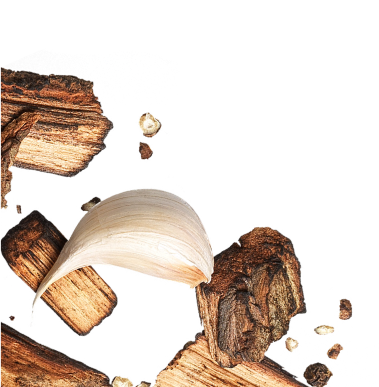
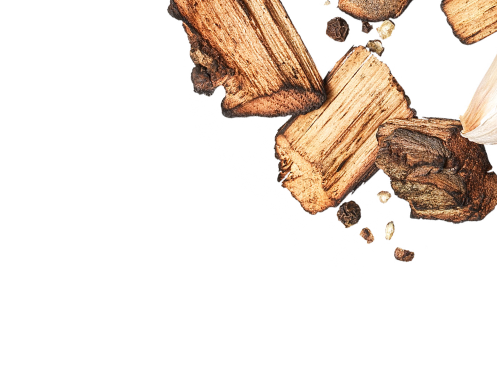

Top 10 Healthy Holiday Snacks to Reach Your 2025 New Year's Weight Goals
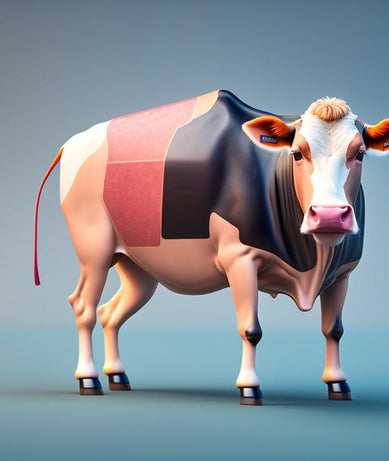
Top 13 Organ Meats & Their Health Benefits

Top Snacks for July 4th Independence Day 2024

Healthy Snacks for Kids
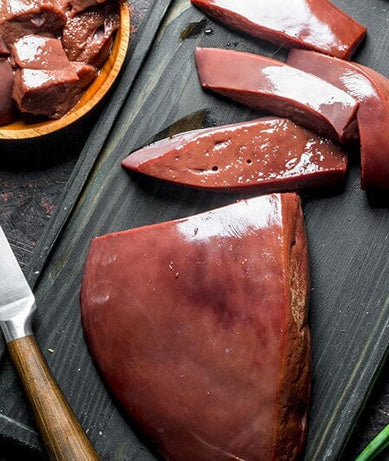
The Top 10 Health Benefits of Eating Beef Liver

Ancestral Diets: A Path to Optimal Health Through Ancient Eating Habits
